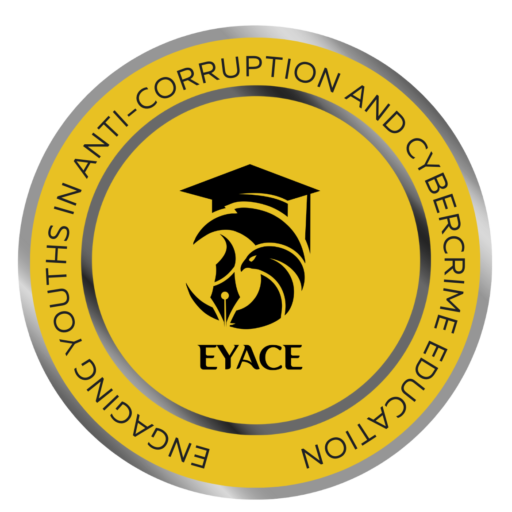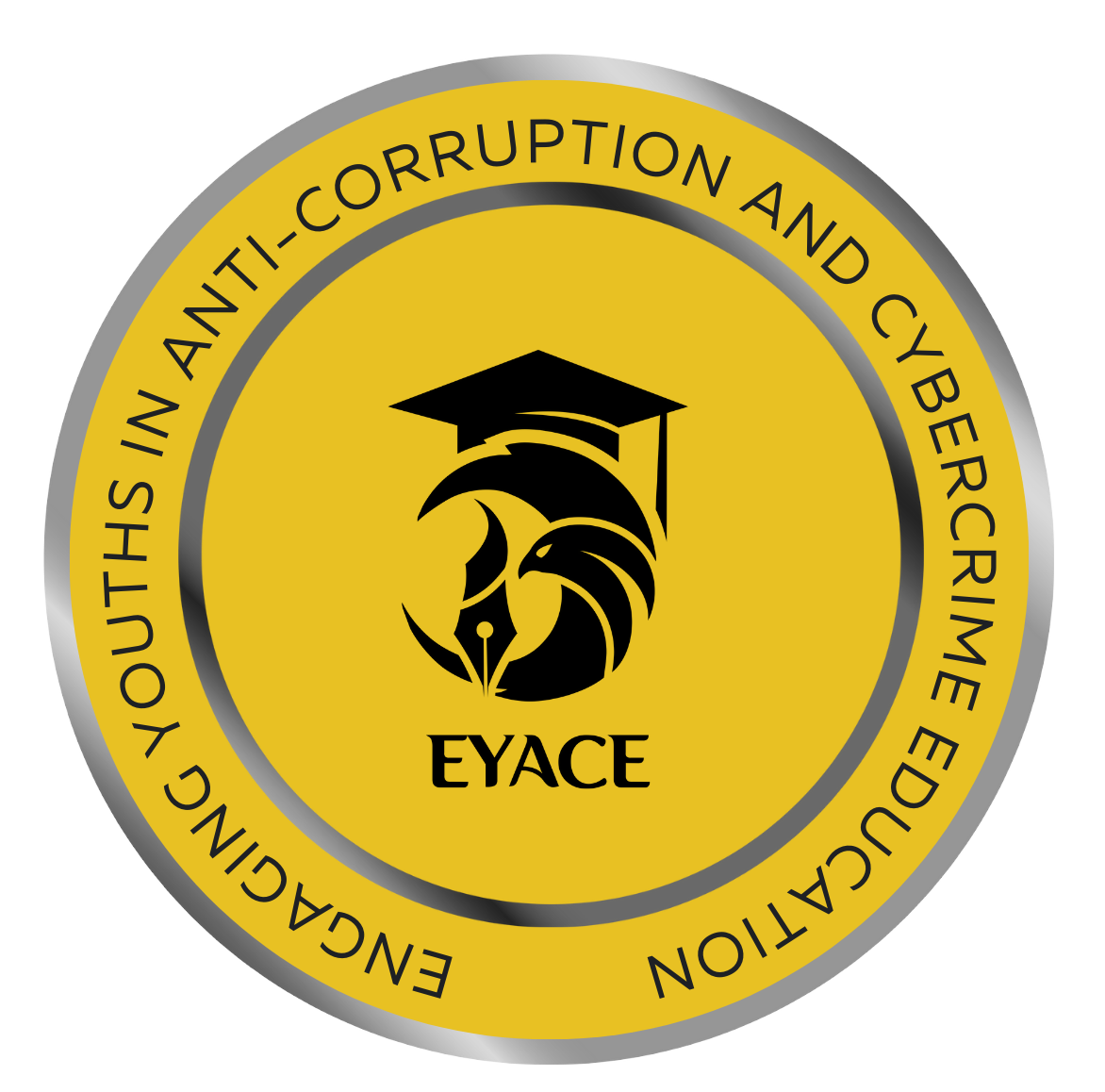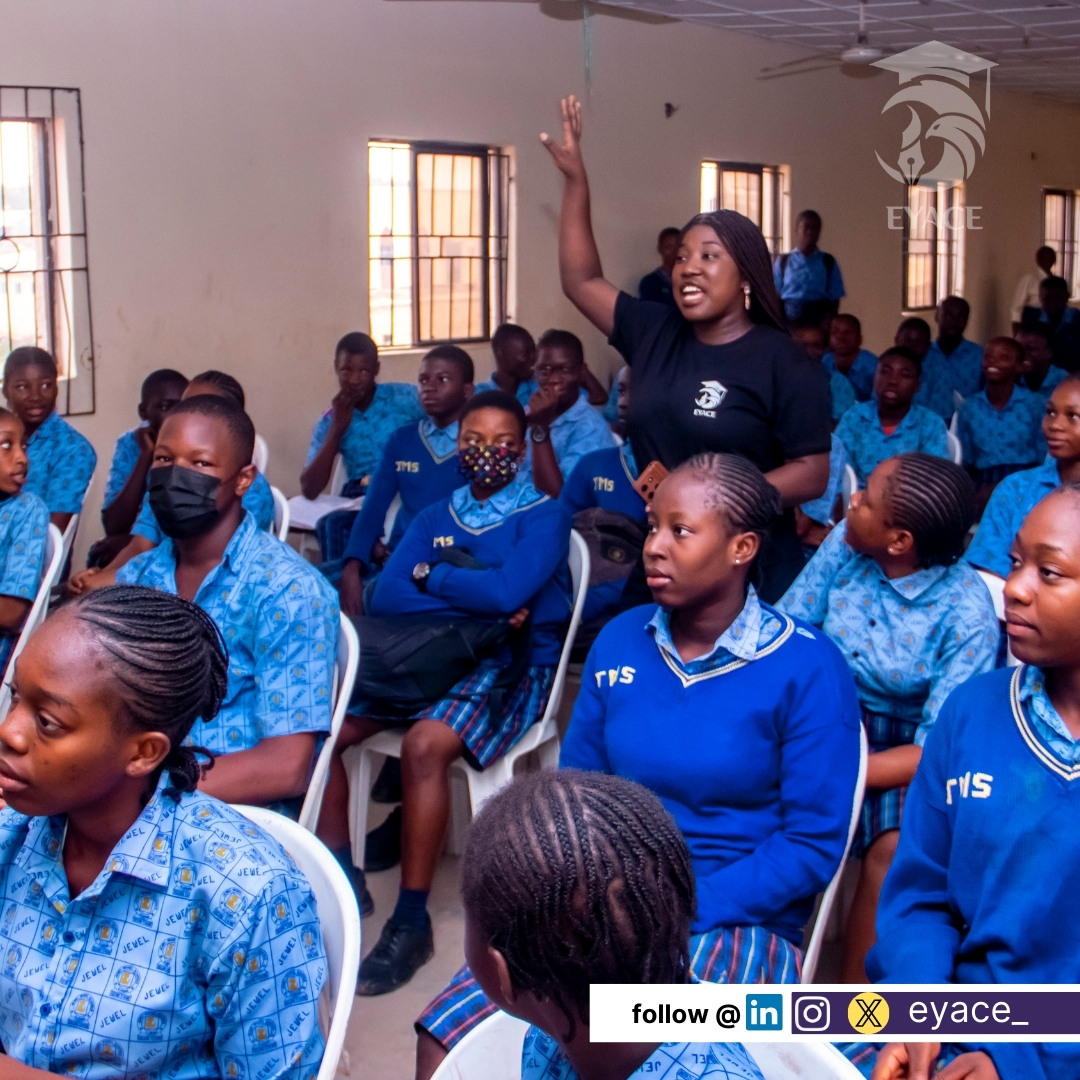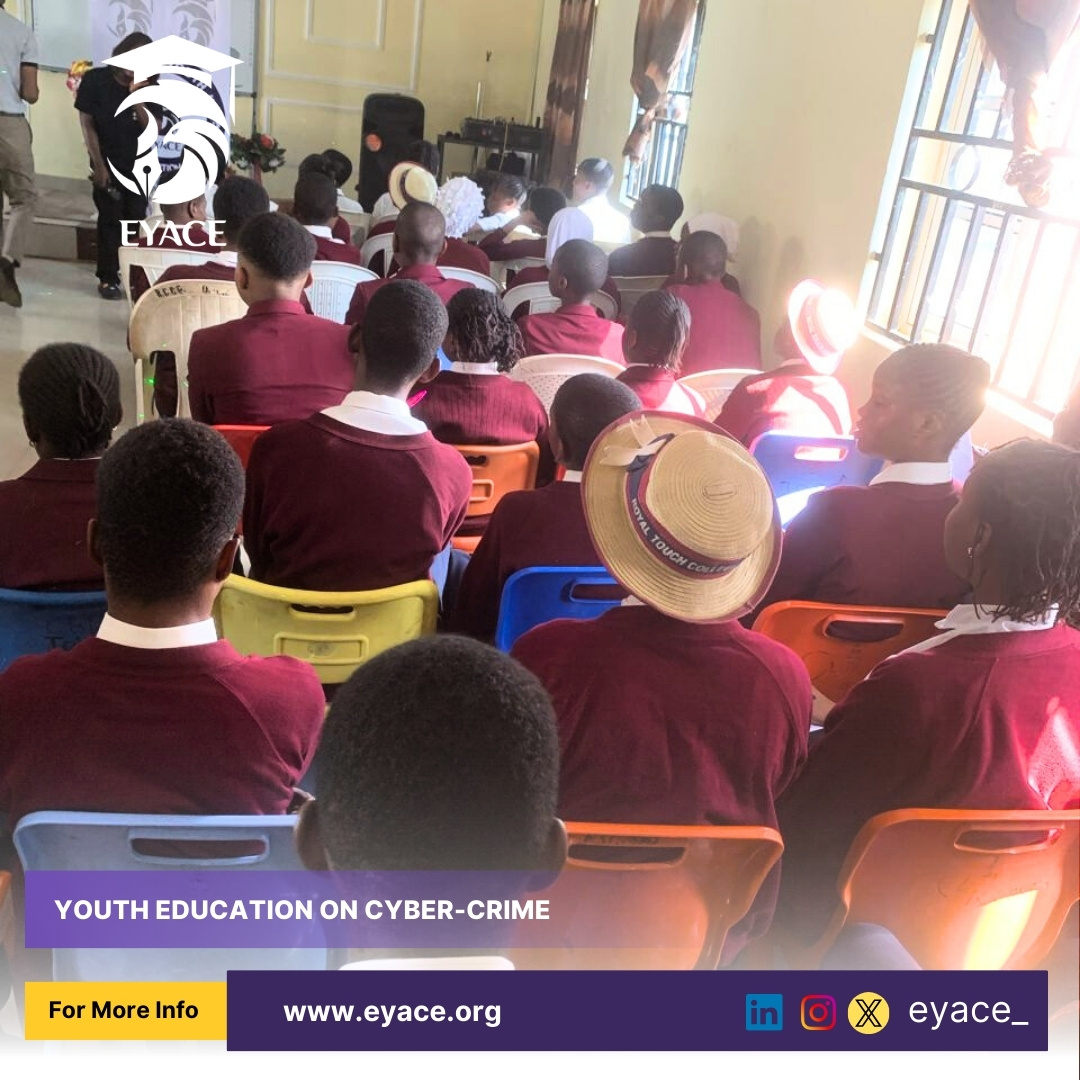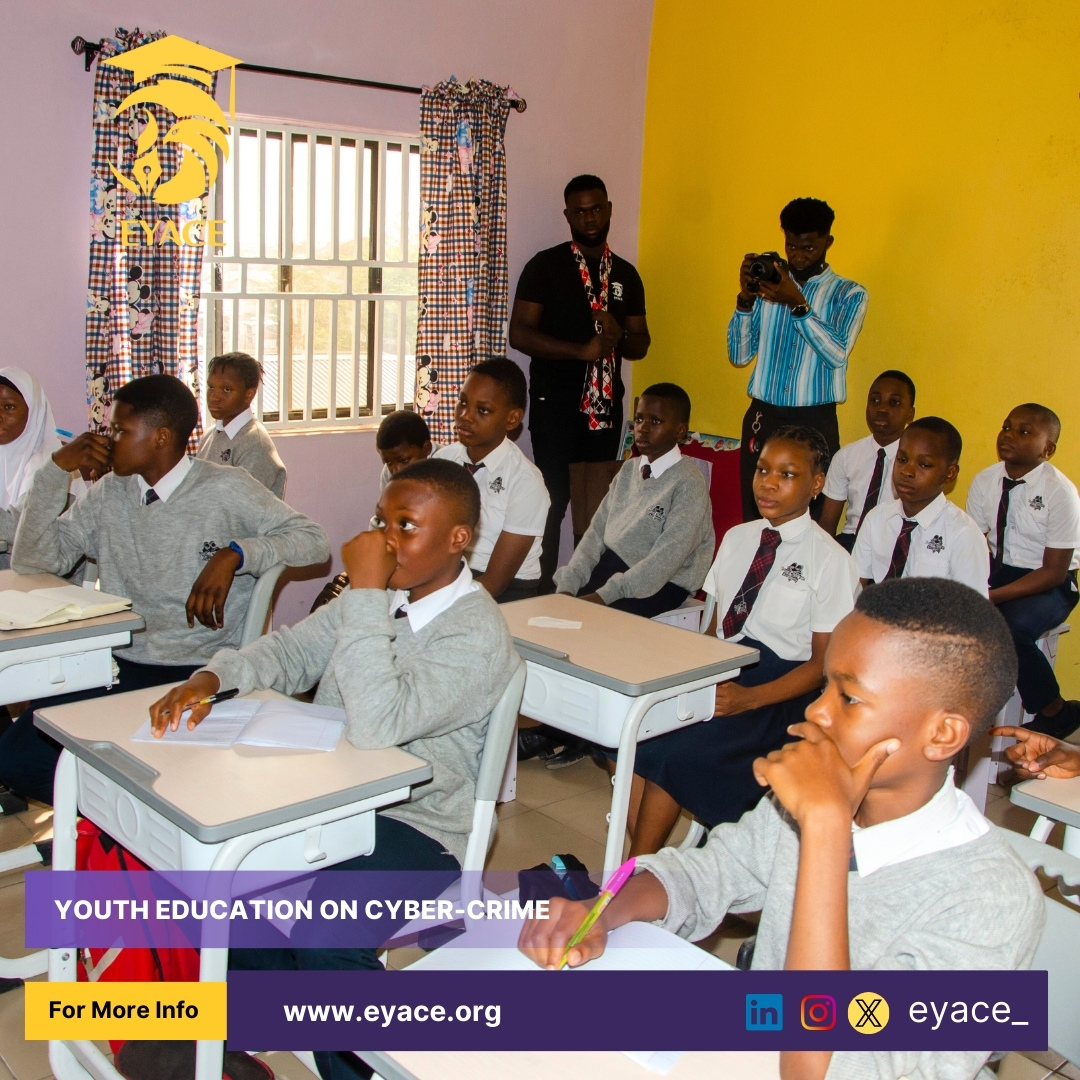The internet is a powerful tool — a gateway to knowledge, opportunity, and global connection. But for many youths, it’s also a dangerous maze filled with traps: cybercrime, scams, harmful content, and digital predators. Without proper guidance, young people can easily stumble into illegal activities or become victims themselves.
That’s why internet safety education is not optional — it’s a lifeline. Teaching young people how to navigate the online world safely can keep them off the streets, out of cybercrime, and on a path toward a secure, prosperous future.
The Risks of the Digital World
When youths go online without education:
- They might get involved in online fraud, thinking it’s an easy way to make money.
- They could become victims of identity theft, scams, or exploitation.
- They may unknowingly share private information that jeopardizes their safety and that of their families.
Ignorance is dangerous in the digital world. The lack of awareness turns curiosity into vulnerability.
Empowering Through Knowledge
Internet safety education equips youths with critical skills:
- Recognizing scams and phishing attempts.
- Setting strong passwords and using two-factor authentication.
- Understanding privacy settings on social media.
- Identifying secure websites and protecting personal data.
- Knowing when and how to report cyber threats.
When youths understand these principles, they become harder targets for criminals — and less likely to become criminals themselves.
Teaching them how the dark web operates, how fraud rings recruit, and how online footprints can follow them forever helps them make better decisions.
Shaping Responsible Digital Citizens
Internet safety isn’t just about self-protection; it’s about responsibility.
Educated youths:
- Respect others online.
- Understand cyberbullying and refuse to participate.
- Realize that their online actions have real-world consequences.
- Build positive, professional online profiles that can help them in the future.
This sense of responsibility cultivates leaders, not lawbreakers.
A young person who understands the value of digital ethics is less likely to be tempted into cybercrime, no matter how much money is waved in front of them.
Real-Life Stories of Change
Take the story of Michael, a teenager who once dabbled in online fraud after being lured by a so-called “big boy” who promised quick riches.
Through an internet safety workshop organized at his local youth center, Michael learned about digital footprints and the long-term legal consequences of online crime.
Today, Michael runs a YouTube channel educating his peers about safe internet practices — a complete turnaround sparked by one life-changing lesson.
Imagine the thousands more we could reach if internet safety education became as common as teaching math or English.
Building a Safer Society
When young people know how to protect themselves and make smart choices online, the benefits ripple outward:
- Fewer victims of cybercrime.
- Fewer youths arrested for online fraud.
- Stronger national cybersecurity.
- More responsible, employable digital citizens.
In a world increasingly dependent on technology, internet safety is not just individual protection — it’s national security.
Conclusion: Invest in Awareness, Harvest in Prosperity
Every youth trained in internet safety is a potential leader, innovator, and role model.
Without awareness, the internet becomes a battlefield. With education, it becomes a bridge — leading from hopelessness to opportunity.
